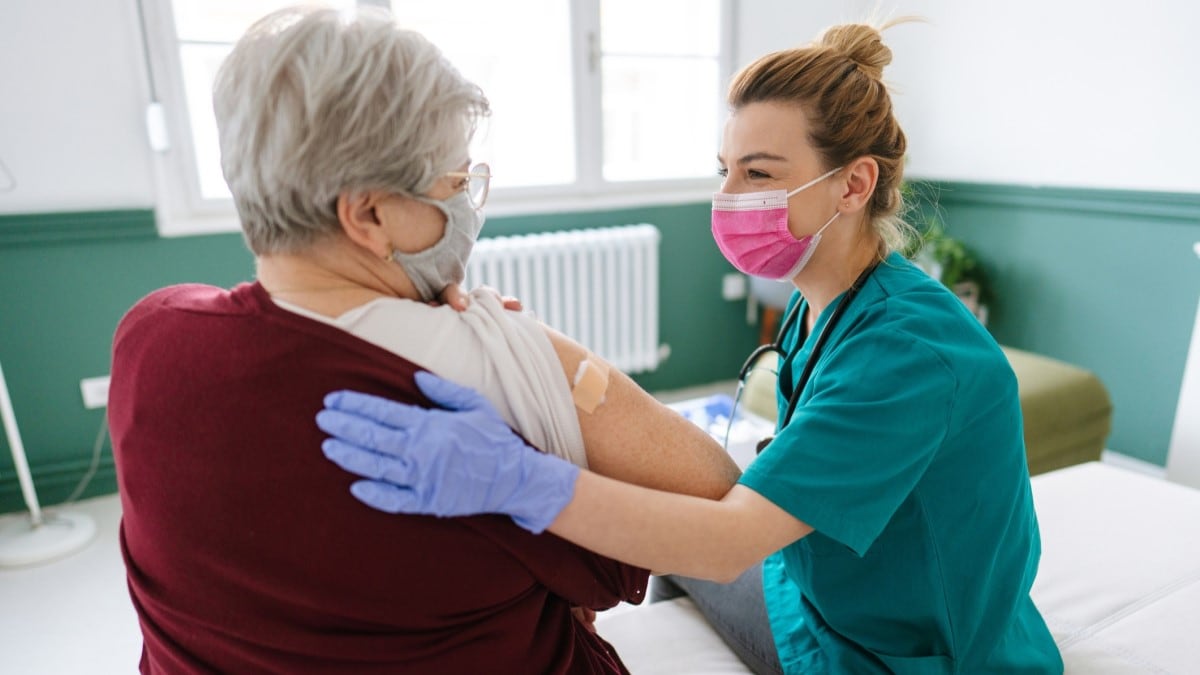What to know
If you have cancer now or have had cancer in the past, you are at higher risk for flu complications.

Get your flu shot!
Flu vaccination is especially important for people with cancer or a history of cancer because they are at higher risk of developing serious flu complications.
Are you 65 or older?
Some older adults may have a weaker immune response to flu vaccines. This can make them more likely to get sick with flu or get flu complications even when vaccinated. Certain vaccines are designed to create a stronger immune response in people who are 65 or older.
A Flu Vaccine Is More Important Than Ever!
This video shares the importance of getting a flu vaccine to protect yourself, your family, and your community from flu.
You may need a pneumococcal shot, too
Pneumococcal pneumonia is a serious flu-related complication that can cause death. People with cancer or other diseases that compromise the immune system should ask their doctor about a pneumococcal vaccine.
What to do if you get sick
Call your doctor if you get a fever
It's important for people with cancer to call their doctor immediately if they get a fever. If you get a fever during your chemotherapy treatment, it's a medical emergency.
Take antiviral drugs if your doctor prescribes them
If you get sick, antiviral drugs can make your illness milder, shorten the time you are sick, and prevent serious flu complications.
Stay home
If you have flu symptoms, stay home for at least 24 hours after your fever is gone except to get medical care or for other necessities.
COVID-19 and the flu
- Flu vaccines and COVID-19 vaccines can be given at the same time.
- Some of the symptoms of flu and COVID-19 are similar. Testing is needed to tell what the illness is.
- People with a weakened immune system have a higher risk of getting serious flu complications and very sick from COVID-19.
